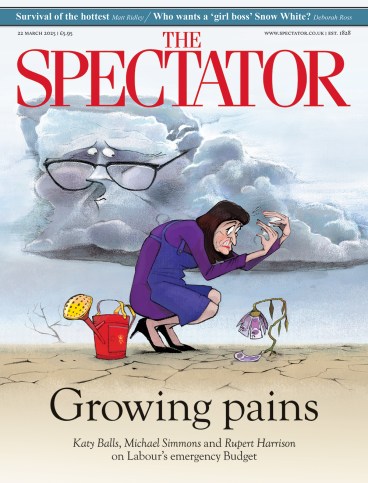
Rory Sutherland has narrated this article for you to listen to.
I follow the YouTube postings of a maverick young economist called Gary Stevenson, author of The Trading Game. Whatever you think of Gary, he is absolutely right about one thing. Economists, by using what are called ‘Single Representative Agent’ models, have taken a dangerous wrong turn. Such simplistic models, which contain the convenient but absurd assumption that what is good for the average person must be proportionately good for everybody else, have allowed economists to make confident pronouncements on policy while ignoring social and intergenerational inequality completely.
In one of the Brexit TV debates, a woman in the audience was derided by the cognoscenti because, on being told that leaving the European Union might reduce Britain’s GDP, she replied: ‘That’s your GDP, not mine.’ She was, of course, completely right. The fact that free trade increases GDP is almost certainly true but it is a fallacy to assume that it benefits everyone, everywhere, evenly and all the time.
In some ways, there is something bizarrely communistic about this assumption, even though it is often accepted by right-wing economists. It implies that we should all be prepared to subordinate our preferences in the service of the collective good.
Another assumption in economics that always strikes me as deranged is the notion that all forms of consumption are equally valuable: the assertion that net human happiness is increased equally whether I choose to spend my money in a pub or at a wedding fair, or whether I buy an electric car, a computer game or an assault rifle.










Comments
Join the debate for just £1 a month
Be part of the conversation with other Spectator readers by getting your first three months for £3.
UNLOCK ACCESS Just £1 a monthAlready a subscriber? Log in